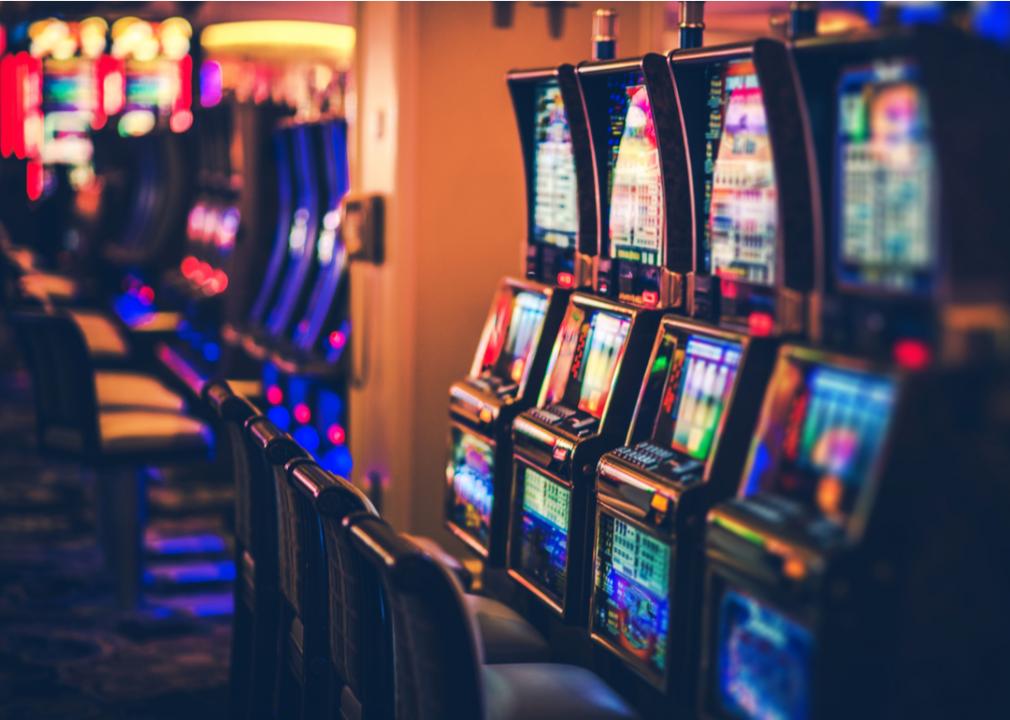From the moment you enter a casino, a thousand strategic choices—from the sounds of slot machines designed to disguise losses as wins to the perfumed air, which, for one Vegas casino, increased slot machine revenue by 45%—have been made to keep you playing, and to keep you just hopeful enough to keep paying. It would be bad business for casinos to bankrupt players on a single hand or pull of a lever, intentionally. And for every dangled carrot that a player eventually grasps, the house has already ensured they’ve earned it back somewhere else.
So how do you ever truly get the upper hand against a system that is mathematically designed—what is known as the house edge—to prevent you from doing so? Well, some people have tried cheating. There’s card counting (which is technically not illegal, according to federal, state, and local laws), card switching, card marking, dice sliding, dealer bribing, and good old-fashioned peeking (or hole carding). But to even have an advantage by cheating, you must play every hand perfectly, like the infamous MIT blackjack team. Determined to beat the house with even more complex math—if just theoretically, for now—researchers at MIT are studying whether quantum entanglement can give players an advantage at the blackjack table.
For the average person without a quantum computer or the skills to count cards flawlessly, any attempt at cheating is almost always noticed, monitored, and in some scenarios, permitted, says data scientist Jeff Jonas. And he should know—he developed the programs casinos use to detect even the subtlest hints of fraud. NORA, or Non-Obvious Relationship Awareness, is a software program of Jonas’ creation, which uses available data to sleuth out connections like whether a dealer and a player are related, live in proximity to one another, or if a casino employee has any connections to known criminals. Any edge that the house hasn’t already secured through tamperproof mathematics, they’ve accounted for through surveillance.
So, if you can’t gain an advantage by playing by the rules or even by breaking the rules, what’s left to do? Any level-headed person would tell you to reset your expectations or avoid the casinos completely. Some people throughout history have decided they simply weren’t going to play the game at all. Instead, they chose to rob them blind.
Casino heists are the ultimate underdog stories, and as such, it is a favorite subgenre in film. While Hollywood has given us its own edge-of-your-seat, romanticized take on the topic, the reality is arguably more dramatic and more impressive when one considers how unlikely success is. OLBG compiled a list of the 10 biggest casino heists ranging from “Ocean’s 11”-style complexity to stunning simplicity.











